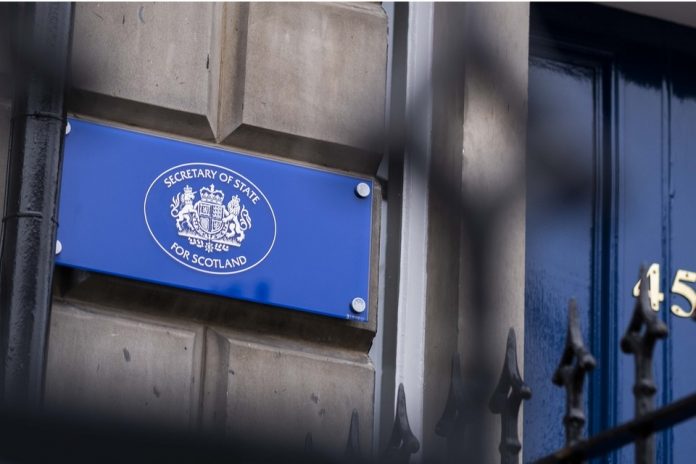The UK Government is investing £270,000 in research at the University of St Andrews. A team of physicists and virologists at the university are testing different surfaces and coatings for their effectiveness in killing the Covid-19 virus.
Covid-19 can be transmitted through contact with surfaces in public spaces that are touched by lots of people – for example, door handles in schools and holding rails on public transport.
Previous research has shown that Covid-19 survives for a significant amount of time on materials commonly used for touch surfaces, such as stainless steel and plastic.
The St Andrews team will build upon existing knowledge about the antiviral properties of materials such as copper. They will also explore the surfaces of more complex materials created within the university’s world-leading Centre for Designer Quantum Materials using surfaces of advanced materials as well as nanostructured surfaces to increase the efficiency in deactivating the virus.
The findings could be used for surface treatments that can be applied retrospectively to actively inhibit and delay transmission of the virus via surfaces in public areas, helping to prevent further spread of infection and future outbreaks.
The cross-disciplinary St Andrews research team consists of Professor Peter Wahl, Professor Philip King, and Professor Andrea Di Falco from the School of Physics & Astronomy and Dr Catherine Adamson and Professor Terry Smith from the School of Biology.
UK Government Minster for Scotland, Iain Stewart said:
Scotland’s research sector is world-leading and the £270,000 funding from the UK Government will help to support and increase the talent and skills we have.
It’s fantastic that Scottish researchers are responding to the pandemic and exploring one of the key issues – Covid-19 transmission through contact with surfaces in public spaces. The more we know about this virus the better we will be at fighting it.
This funding is well deserved and an important contribution to tackling Covid-19.
Professor Wahl said:
The exploration of different ways in which the current Covid-19 pandemic can be kept under control is crucial to enable reopening the society and ensure a flourishing economy.
Apart from airborne direct transmission, indirect transmission via surfaces, in particular in public spaces, can play an important role in spreading the disease.
Professor Di Falco said:
We propose the development and easy deployment of surface materials and coatings that can actively inhibit and retard the spread of the virus from an infected person to others via touch surfaces, by deactivating it.
Dr Catherine Adamson said:
This would potentially be a game changer for high-traffic surfaces in public spaces. We will build on existing knowledge about the antiviral properties of copper, and seek to optimize them.







